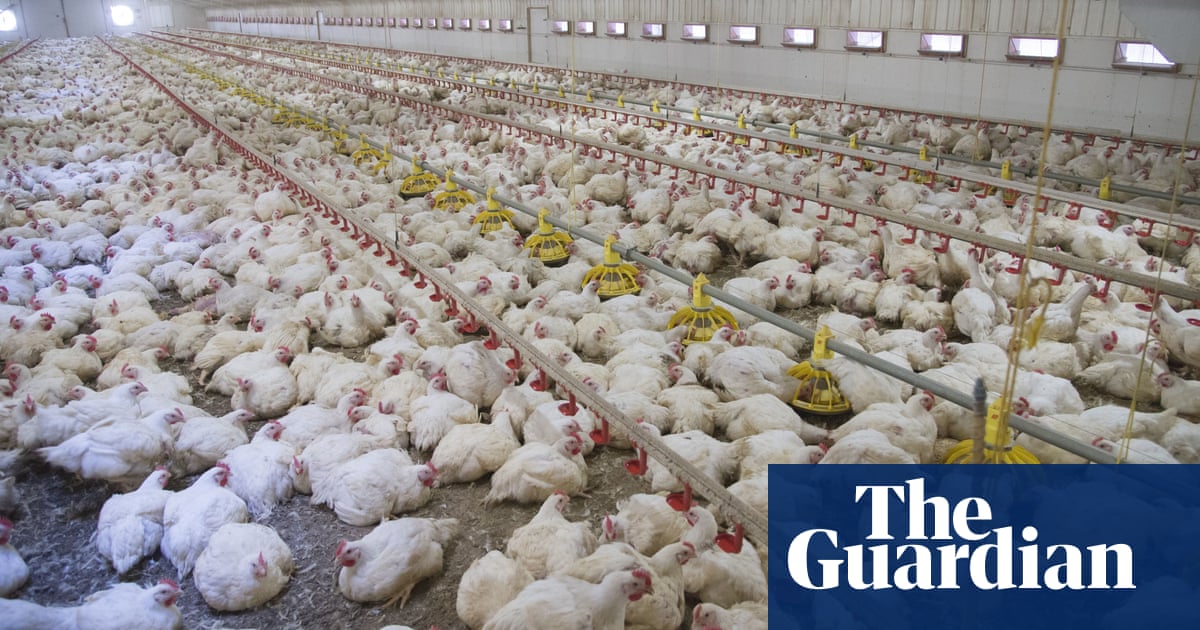
The most serious outbreak of bird flu this year has been found in a group of pheasants in England, sparking criticism of the loose restrictions around their rearing.
Twenty of the non-native birds were found by the Animal and Plant Health Authority (Apha) to have been infected with the disease, which is decimating bird populations across the UK, in Worcestershire. All other reports from Apha show no more than five birds have been affected at any one location since January 2024.
The disease, highly contagious in birds, started in commercial geese farms in Asia in 1996, spreading to poultry farms and then to wild birds. Because pheasants count as wild, there is no restriction zone in place for moving them around to stop the spread to wildlife.
Dr Ruth Tingay, who runs the Raptor Persecution blog, said: “Due to the idiotic legal status of pheasants, referred to as Schrödinger’s pheasant by [the campaign group] Wild Justice, it is understood that because these pheasants have been released and are thus currently considered ‘wild’ (ie no longer dependent on a gamekeeper for food/water/shelter), no [bird flu] control zones have been put in place to help stop the disease from spreading.
“It’d be good to think that the shoot concerned has made the sensible decision to close the shoot for the rest of the season to help stop the disease from spreading via birds fleeing from the beaters and guns, via gun dogs, via shooters’ boots and vehicle tyres etc. But given there’s no legal obligation, what’s the betting the shoot is continuing?”
People who keep domestic chickens, no matter how many, are required to register them with the government and follow biosecurity rules, for example limiting their contact with wild birds and securing them with netting.
Estates across England rear, feed and release pheasants across their land for people to shoot for sport. Once pheasants are released , they are counted as wild birds even if they continue to be fed with grain by land managers. They are therefore not subject to the same biosecurity measures as a flock of domestic chickens.
Experts have warned that the large-scale release of pheasants risks spreading the disease to the UK’s native birds. The RSPB has called for those who rear and release pheasants to be compelled to register and license the numbers.
A spokesperson for the RSPB said: “Pheasants are highly susceptible to highly pathogenic avian influenza, and the release of large numbers of these birds into the environment presents a risk of increasing transmission. The recent mass-mortality event caused by the H5N5 sub-type in pheasants, which has otherwise only been detected in low numbers of seabirds and raptors in the UK, highlights the risk. The RSPB is calling for governments across the UK to license the release of non-native gamebirds and mallards due to their susceptibility to the disease, underpinned by a statutory code of practice, with mandatory reporting of movements and releases.”












